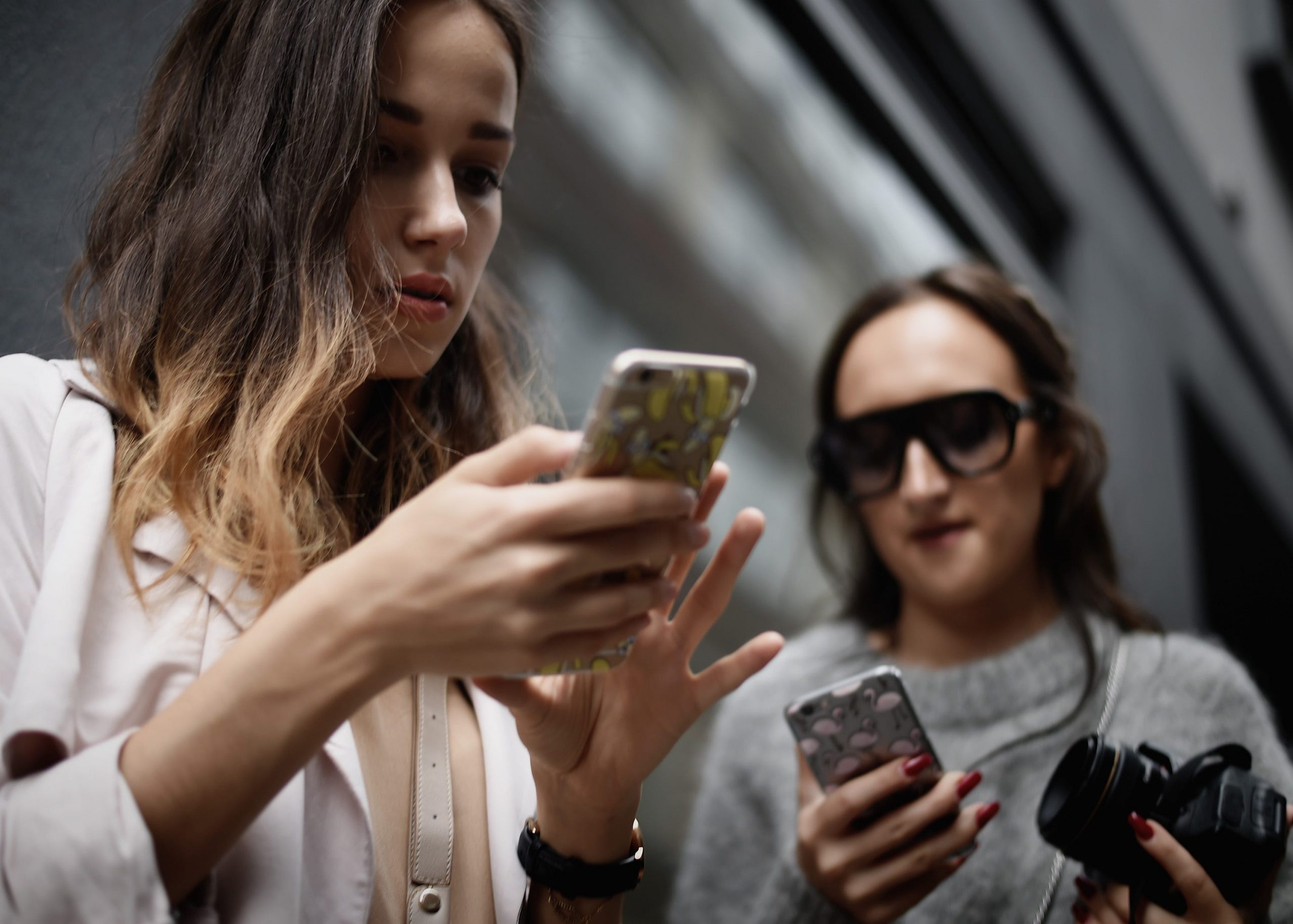- Social media can affect teenagers in both positive and negative ways.
- Research has found that social media use can affect self-esteem, and make typical teenage pressure and bullying worse, but it can also connect isolated teens and help them find supportive networks.
- Overall, it’s important to set limitations and communicate openly with teens about social media use.
- This article was medically reviewed by Zlatin Ivanov, MD, who is certified in psychiatry and addiction psychiatry by the American Board of Psychiatry and Neurology at Psychiatrist NYC.
- Visit Insider’s homepage for more stories.
An estimated 63% of teenagers say they use social media every day, while 45% say they are on the internet “almost constantly,” according to the Pew Research Center, which conducted a 2018 survey including interviews with 743 teenagers.
YouTube, Instagram, and Snapchat are the most common social media platforms for teens. And while research has found that social media can negatively impact teenagers, there are many positive effects, as well. Here’s what experts say about how social media is affecting teens.
Social media may affect teenagers’ mental health
For starters, studies have suggested that some teenagers are losing sleep due to social media use at night, and some are more distracted from it during the school day. But there may be even further negative effects on mental health.
“While we can’t say anything yet about direct causation, we are seeing strong negative correlations in a few areas,” says Neha Chaudhary, MD, a child and adolescent psychiatrist at Massachusetts General Hospital and Harvard Medical School. “Teen social media use has been thought to be correlated with depression, anxiety, worsening self-esteem, and loneliness.”
Linda Charmaraman, a senior research scientist at the Wellesley Centers for Women and director of the Youth, Media & Wellbeing Research Lab, has also found that 21% of teens "felt down" about themselves after looking at social media.
More than half of those teens reported that the feeling was related to their bodies. Charmaraman says groups who were particularly vulnerable to this were women, those with large online peer networks, those who checked their social media frequently, and those who followed celebrities.
Peer pressure for teenagers is nothing new. However, social media worsens this pressure in two ways, Chaudhary explains. First, teens on social media are more apt to say something negative or mean. Second, teens are exposed to and getting feedback or pressure from many more people than they would encounter in daily life.
"Teens… have been comparing themselves more to their peers and have been deprioritizing healthy, in-person communication," Chaudhary says. "What's more is, from a mental health perspective, social media has introduced new risks: teens can now harm or be harmed by others online."
Social media isn't all bad
However, according to the Pew study, 31% of teens say that social media use has a "mostly positive" impact on their lives, while only 24% say "mostly negative." The other 45% said that social media's effect was neither positive nor negative.
"Social media usage can certainly have positive effects, such as a sense of social connectivity and belonging, personal contentment and self-esteem, emotional expression and control, and identity development," Charmaraman says.
In fact, more than half of teens in Charmaraman's study reported giving and receiving emotional support online. This can be especially important for teens who have an illness, are navigating their LGBTQ+ identity, or dealing with other experiences that might be isolating.
The right amount of social media for your teen
Setting limitations can help your teen learn to use social media positively without suffering from the negative associations.
"Just like you wouldn't give your child the keys to a car for the first time and let them drive away without any practice, you'll need to be there to teach them how to use social media in a healthy way," Charmaraman says. "Together, you can set rules and shared expectations that promote your teen's autonomy while safeguarding them from risks."
Research has found that parental monitoring is tied to less problematic behaviors, like social media addiction or bullying others online, and Charmaraman recommends that parents:
- Restrict access to social media, for example, by setting curfews or time limits on social teens' media usage.
- Monitor social media behavior, by following teens' social media accounts or asking for access.
- Communicate openly about expectations around social media. For example, discuss the impact of cyber bullying, and encourage teens to never say something online that they wouldn't say in person.
If parents are concerned about their teens' social media use, they should talk with them about how social media is making them feel, Chaudhary says. In addition, it's important that parents model these best practices in their own social media use. If you're very concerned about your teens' social media use, seek guidance from a mental health professional.
Related stories about mental health:
- How to deal with anxiety and loneliness during the coronavirus outbreak
- How to lower your heart rate from anxiety, or a panic attack
- A social network for cancer patients is helping them connect without fear of friends pitying them for their diagnosis
- The world's biggest YouTube stars told us they're burning out because of the unrelenting pressure to post new videos
- Nearly half of influencers think their job impacts their mental health, from body image to facing scrutiny of their integrity and work ethic
